
Sylhet: The Green Gem of Bangladesh
Nestled in the northeastern part of Bangladesh, Sylhet is a city that captivates visitors with its lush tea gardens, rolling hills, and vibrant culture. It’s a haven for nature lovers and a treasure trove of history and tradition. Sylhet’s serene landscape is dotted with emerald-green tea plantations, making it one of the largest tea producers in the country. The sight of women plucking tea leaves in the misty mornings is a scene straight out of a postcard. Sylhet is not just about tea; it’s a city rich in spiritual heritage. The city is home to several important religious sites, including the shrine of Hazrat Shah Jalal, a revered Sufi saint. Pilgrims and tourists alike visit this shrine, finding peace and spirituality in its tranquil surroundings. The nearby shrine of Hazrat Shah Paran is another significant religious site, adding to the city's spiritual aura. For those who seek adventure, Sylhet offers numerous opportunities for exploration. The Ratargul Swamp Forest, one of the few freshwater swamp forests in Bangladesh, is a hidden gem waiting to be discovered. A boat ride through its dense forestation is an unforgettable experience. The Jaflong region, with its stunning views of the Khasi hills and the river Dawki, is perfect for a day trip. The crystal-clear water of the river and the scenic beauty of the surrounding hills make it a must-visit. Sylhet’s cuisine is another highlight, offering a tantalizing array of flavors. The local food is a blend of traditional Bengali and Sylheti dishes, with an emphasis on fresh, locally sourced ingredients. Be sure to try the famous Sylheti pithas (rice cakes) and the mouthwatering fish curries that the region is known for.
Local tips in Sylhet
- Visit the tea gardens early in the morning for the best experience and photo opportunities.
- Dress modestly when visiting shrines and religious sites out of respect for local customs.
- Hire a local guide for the Ratargul Swamp Forest to navigate the area safely and learn about its unique ecosystem.
- Try local Sylheti dishes at street food stalls and small local restaurants for an authentic culinary experience.
- Plan a day trip to Jaflong to enjoy the panoramic views of the Khasi hills and the river Dawki.
Sylhet: The Green Gem of Bangladesh
Nestled in the northeastern part of Bangladesh, Sylhet is a city that captivates visitors with its lush tea gardens, rolling hills, and vibrant culture. It’s a haven for nature lovers and a treasure trove of history and tradition. Sylhet’s serene landscape is dotted with emerald-green tea plantations, making it one of the largest tea producers in the country. The sight of women plucking tea leaves in the misty mornings is a scene straight out of a postcard. Sylhet is not just about tea; it’s a city rich in spiritual heritage. The city is home to several important religious sites, including the shrine of Hazrat Shah Jalal, a revered Sufi saint. Pilgrims and tourists alike visit this shrine, finding peace and spirituality in its tranquil surroundings. The nearby shrine of Hazrat Shah Paran is another significant religious site, adding to the city's spiritual aura. For those who seek adventure, Sylhet offers numerous opportunities for exploration. The Ratargul Swamp Forest, one of the few freshwater swamp forests in Bangladesh, is a hidden gem waiting to be discovered. A boat ride through its dense forestation is an unforgettable experience. The Jaflong region, with its stunning views of the Khasi hills and the river Dawki, is perfect for a day trip. The crystal-clear water of the river and the scenic beauty of the surrounding hills make it a must-visit. Sylhet’s cuisine is another highlight, offering a tantalizing array of flavors. The local food is a blend of traditional Bengali and Sylheti dishes, with an emphasis on fresh, locally sourced ingredients. Be sure to try the famous Sylheti pithas (rice cakes) and the mouthwatering fish curries that the region is known for.
When is the best time to go to Sylhet?
Iconic landmarks you can’t miss
Pach Bhai Restaurant
Experience authentic Bangladeshi cuisine at Pach Bhai Restaurant in Sylhet, a local favorite since 2008, offering fresh, flavorful dishes at affordable prices.
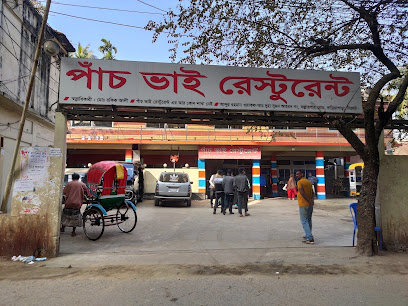
Ratargul Swamp Forest
Discover the enchanting Ratargul Swamp Forest in Sylhet, Bangladesh, a unique freshwater ecosystem teeming with wildlife and natural beauty, best explored by boat during the monsoon season.
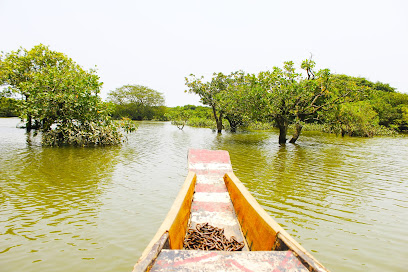
Hazrat Shahjalal Rah. Mazar Sharif
Experience the spiritual heart of Sylhet at Hazrat Shahjalal Mazar Sharif, a revered shrine blending rich history with vibrant devotion, attracting pilgrims and tourists alike.
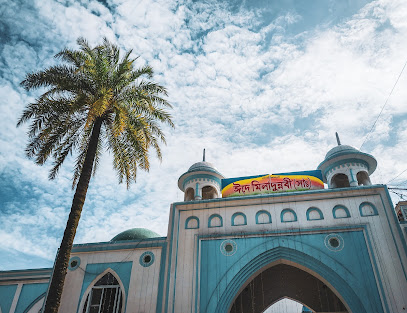
Modina Market Point
Experience the vibrant heart of Sylhet at Modina Market Point, a bustling hub of commerce, culture, and authentic local life on the Sylhet-Sunamganj Highway.
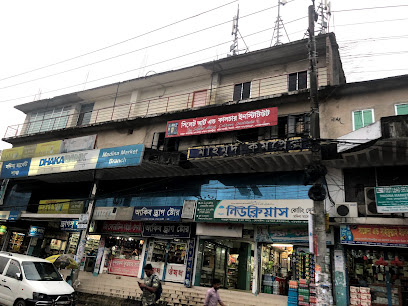
Bondor Bazar Sylhet
Experience the vibrant culture and shopping at Bondor Bazar, Sylhet's bustling market featuring local crafts, street food, and a lively atmosphere.
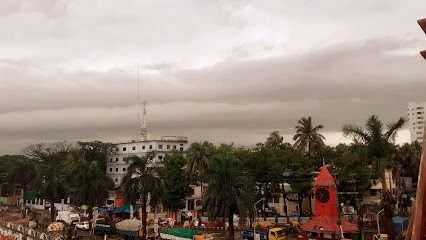
Kazi Asparagus Food Island Sylhet
Experience the vibrant culinary scene at Kazi Asparagus Food Island in Sylhet, where local and fast food delights await every palate.
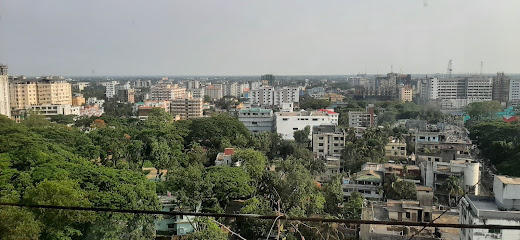
Shahi Eidgah - দক্ষিন চত্বর
Discover Sylhet's Shahi Eidgah, a historic Mughal-era prayer ground, a symbol of unity and faith, and a testament to Bangladesh's rich cultural heritage.
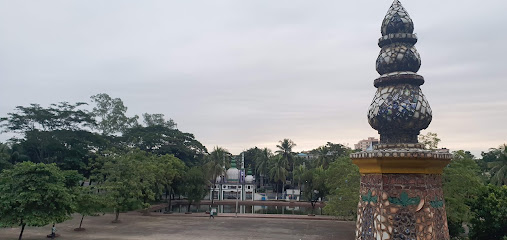
Lakkatura Tea Garden
Discover the serene beauty of Lakkatura Tea Garden in Sylhet, Bangladesh, where lush tea plantations meet breathtaking landscapes, offering a tranquil escape into nature's embrace.
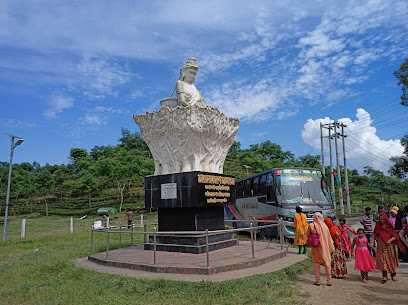
Tilagarh Eco Park
Discover Sylhet's natural beauty at Tilagarh Eco Park: a serene escape with lush greenery, diverse wildlife, and eco-friendly practices.
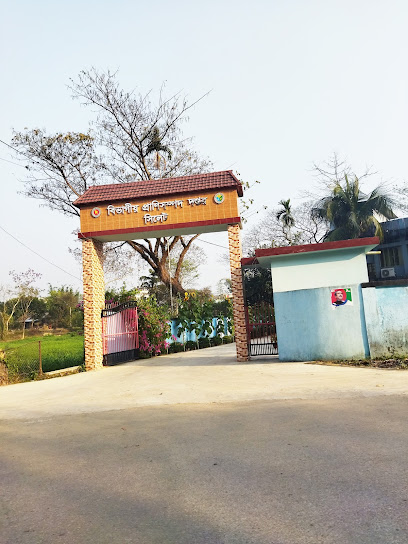
Shahi Eidgah
Experience the spiritual and historical significance of Shahi Eidgah, Sylhet's largest Eid prayer ground and a landmark of Mughal-era architecture.
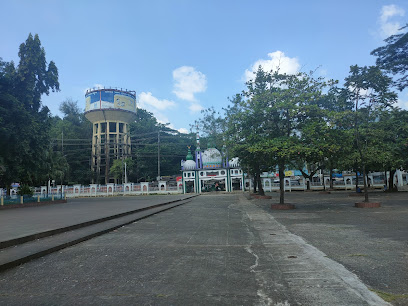
Dreamland Amusement & Water Park
Experience thrilling rides and refreshing water attractions at Dreamland Amusement & Water Park in Sylhet, Bangladesh, the perfect family destination for a memorable day of fun and excitement.
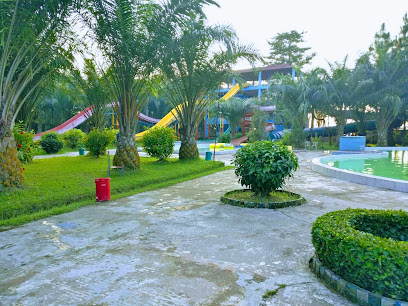
Stadium Market
Experience the vibrant heart of Sylhet at Stadium Market: a sensory-rich immersion into local culture, commerce, and the authentic flavors of Sylheti street food.
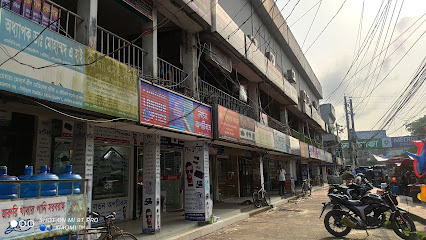
MAG Osmani Amusement Park
Experience thrilling rides and family fun at Sylhet's MAG Osmani Amusement Park, a vibrant destination with local flavors and a festive atmosphere.
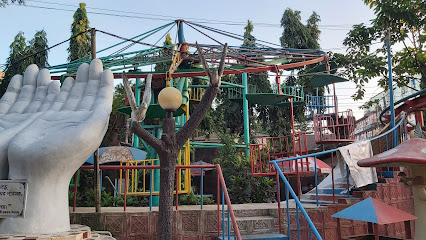
Hotel Fortune Garden
Experience comfort and tranquility at Hotel Fortune Garden, your gateway to exploring the cultural and natural wonders of Sylhet.
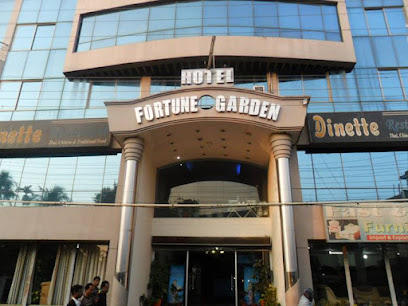
Uposhohar Plaza
Experience Sylhet's modern shopping and entertainment at Uposhohar Plaza, a vibrant hub offering diverse retail, dining, and leisure options for everyone.
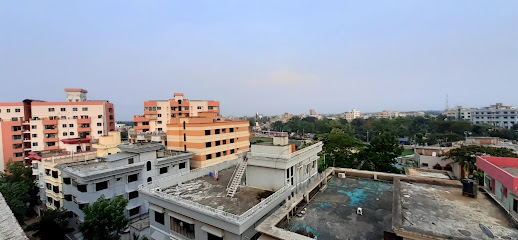
Unmissable attractions to see
Mawsmai Cave
Discover the geological wonders of Mawsmai Cave, a mesmerizing limestone labyrinth near Cherrapunji, Meghalaya.
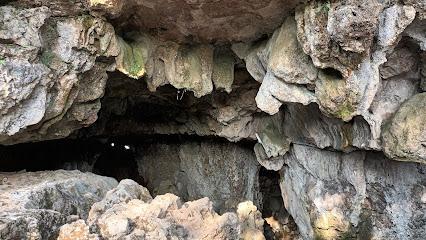
Ratargul Swamp Forest
Discover Bangladesh's only freshwater swamp forest: a boat ride through a submerged wonderland of unique flora and fauna.
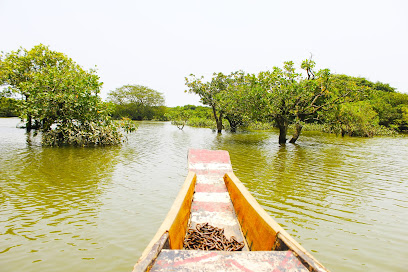
Bholagonj Sada Pathor Tourist Spot
Discover Bholagonj Sada Pathor: A mesmerizing Sylhet landscape where white stones meet crystal waters and verdant hills, offering a tranquil escape and breathtaking natural beauty.
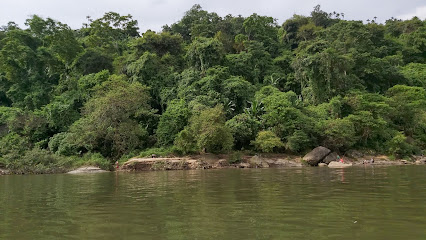
Double Decker Living Root Bridge
Discover Meghalaya's natural wonder: a living bridge crafted from intertwined roots, offering a unique and unforgettable trekking experience.
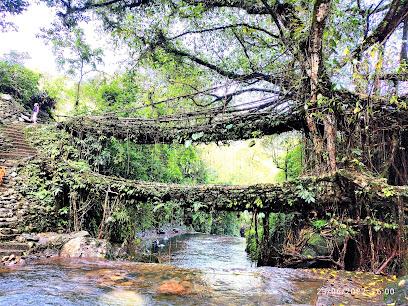
Arwah Cave
Discover ancient marine fossils and stunning limestone formations in the depths of Arwah Cave, Cherrapunji.
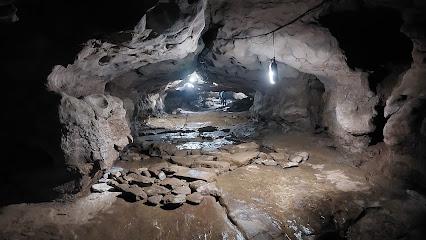
Jaflong Zero Point
Discover Jaflong Zero Point: A scenic Bangladesh-India border destination with crystal-clear rivers, lush hills, and vibrant Khasi culture.
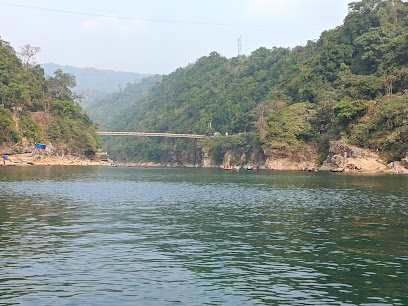
Lakkatura Tea Garden
Escape to Lakkatura Tea Garden in Sylhet: Discover rolling hills, lush greenery, and a tranquil retreat in Bangladesh's tea country.
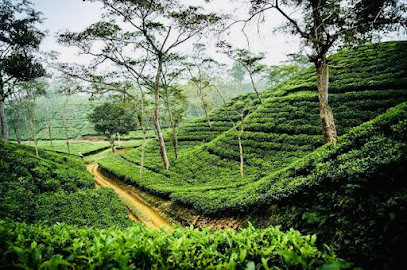
Tilagarh Eco Park
Discover Sylhet's natural beauty at Tilagarh Eco Park: a serene escape with lush forests, diverse wildlife, and tranquil streams.
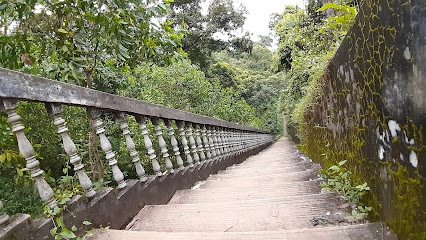
Dreamland Amusement & Water Park
Sylhet's first ultra-modern theme park with Mughal-influenced design, offering thrilling rides, water attractions, and beautifully landscaped areas for all ages.
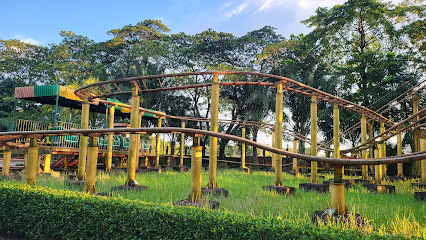
Bongobir Osmani Shishu Uddan
Experience joy at Sylhet's oldest children's park, offering recreation, relaxation, and cultural charm for families and visitors of all ages.
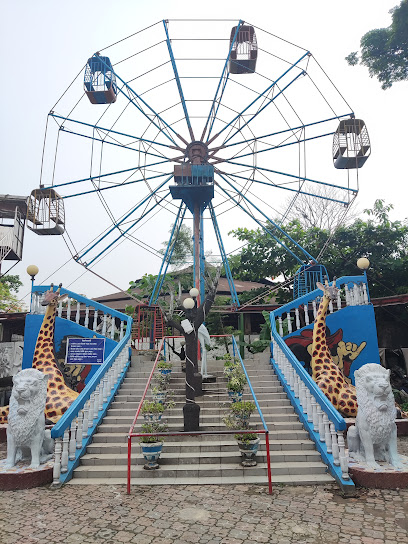
Adventure World Fun & Family Tourism park
Experience thrilling rides and beautiful landscapes at Sylhet's Adventure World Fun & Family Tourism Park, a perfect family escape.
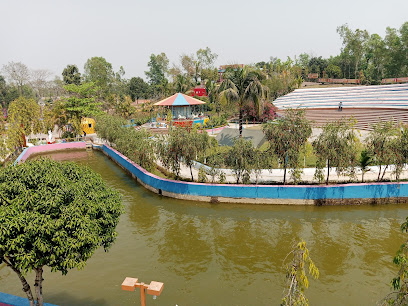
Nohsngithiang Falls View point
Witness the majestic Nohsngithiang Falls, a symbol of Northeast India's beauty and unity, cascading down lush Khasi hills in Meghalaya.
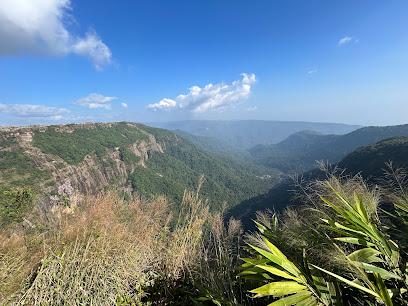
MAG Osmani Amusement Park
A vibrant amusement park in Sylhet, offering fun rides, games, and green spaces for families and visitors of all ages to enjoy a memorable day.
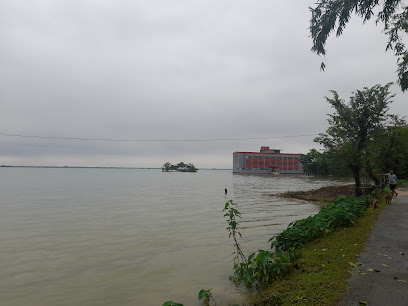
Mawryngkhang Trek
Brave the heights on Meghalaya's Bamboo Trail: A thrilling trek to the King of Stones, suspended amidst stunning natural beauty.
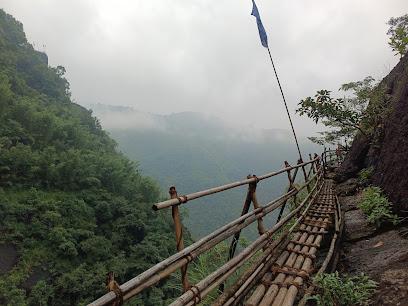
Nohkalikai waterfalls Top
Witness the breathtaking Nohkalikai Falls in Cherrapunji, India's tallest plunge waterfall, steeped in Khasi legend and surrounded by stunning natural beauty.
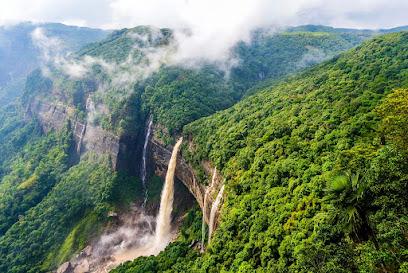
Essential places to dine
Panshi Restaurant
Experience authentic Bangladeshi flavors at Panshi Restaurant in Sylhet – your go-to spot for delicious breakfasts and local cuisine.
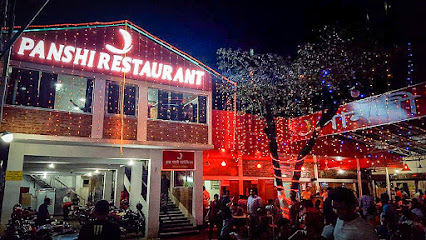
Pach Bhai Restaurant
Discover authentic Bangladeshi flavors at Pach Bhai Restaurant in Sylhet – where every dish tells a story.
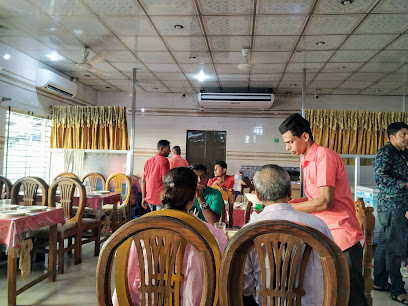
Kazi Asparagus Food Island Sylhet
Discover the vibrant culinary scene at Kazi Asparagus Food Island Sylhet, where local flavors meet fast-food favorites in a cozy setting.
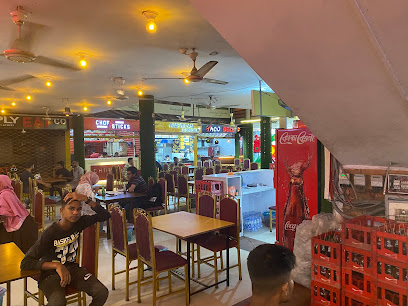
Woondaal King Kebab
Experience authentic Bangladeshi cuisine at Woondaal King Kebab in Sylhet – home to irresistible kebabs and warm hospitality.
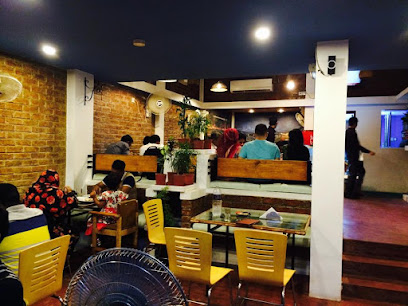
The Mad Grill
Experience the vibrant flavors of Bangladesh at The Mad Grill in Sylhet - where culinary excellence meets warm hospitality.
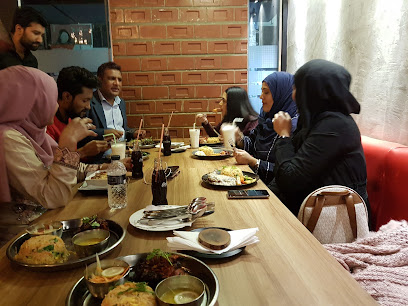
Alpine Restaurant
Experience the best of Sylhet’s culinary delights at Alpine Restaurant with diverse menus offering local and international flavors.
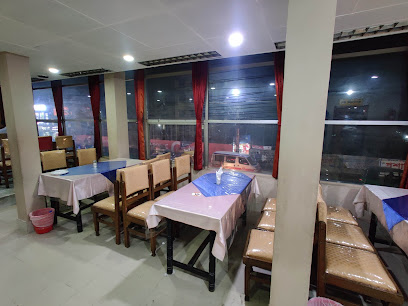
Palki Restaurant
Experience authentic Bangladeshi cuisine at Palki Restaurant in Sylhet - a culinary journey filled with flavor and tradition.
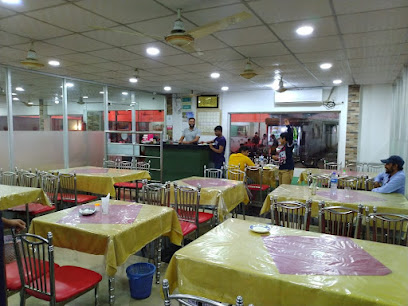
Saffron Restaurant
Experience authentic Bangladeshi flavors at Saffron Restaurant in Sylhet - where culinary tradition meets modern dining.
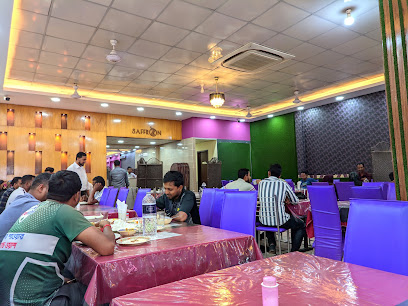
Spicy Restaurant & Party Center
Discover authentic Chinese flavors and vibrant dining at Spicy Restaurant & Party Center in Sylhet's City Center.
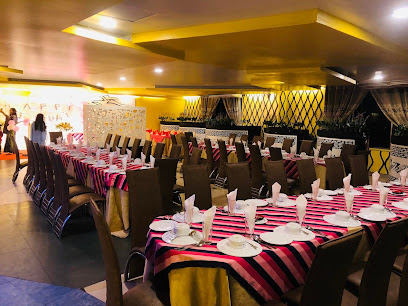
Nawab's Kitchen
Experience authentic Bangladeshi cuisine at Nawab's Kitchen in Sylhet – home of the best biryani that delights every palate.
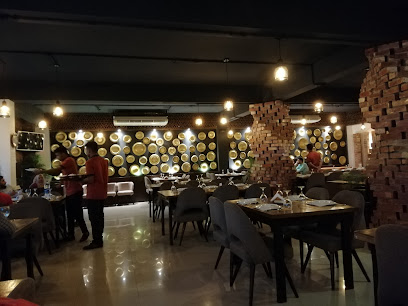
ট্রিট গ্যালারি
Experience authentic Bangladeshi flavors at ট্রিট গ্যালারি in Sylhet - where every meal is a celebration of taste!
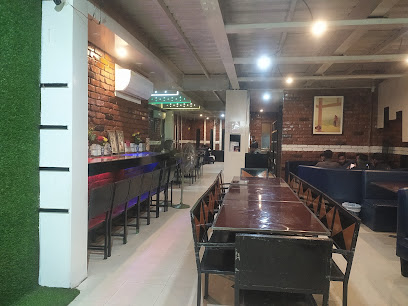
SEASONS Restaurant & Café
Experience exquisite continental cuisine at SEASONS Restaurant & Café in Sylhet, where culinary artistry meets local charm.
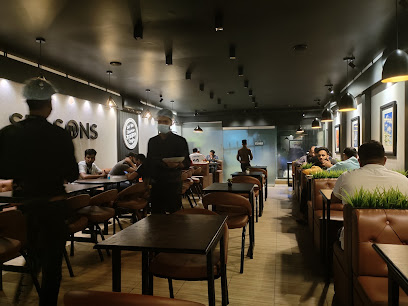
Platinum Lounge
Discover culinary delights at Platinum Lounge - Sylhet's premier restaurant blending exquisite flavors with an elegant atmosphere.
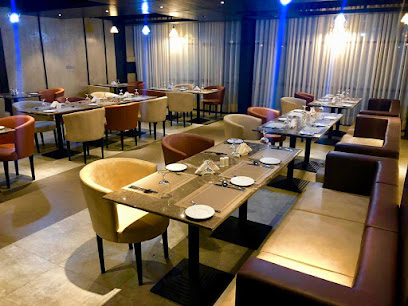
Fatema Restaurant
Discover authentic Bangladeshi flavors at Fatema Restaurant in Sylhet – perfect for breakfast and beyond!
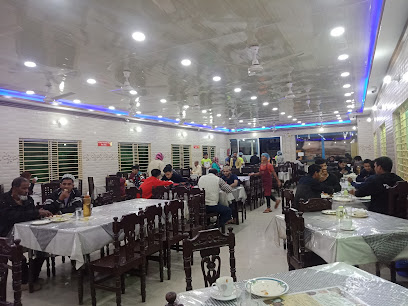
Cafe Aarko | Best restaurant in Sylhet
Experience the best of Sylhet's culinary scene at Cafe Aarko – where delicious pizzas meet warm hospitality.
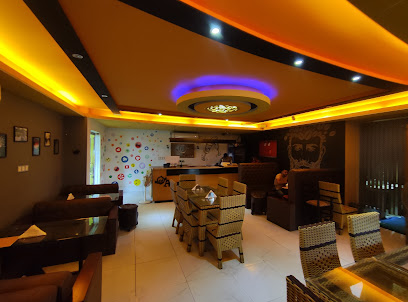
Markets, malls and hidden boutiques
Bondor Bazar Sylhet
Explore Bondor Bazar in Sylhet for a unique shopping experience filled with local culture, vibrant stalls, and delicious cuisine.
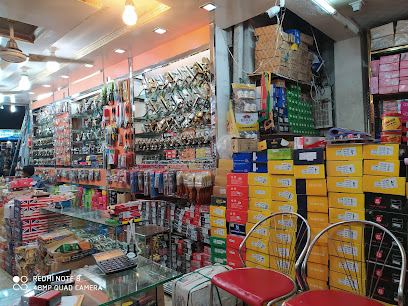
Blue Water Shopping City
Explore the vibrant Blue Water Shopping City in Sylhet, where shopping meets dining and entertainment in a modern setting.

Sylhet City Center
Explore Sylhet City Center - A vibrant shopping mall offering diverse retail and dining experiences in the heart of Sylhet, Bangladesh.
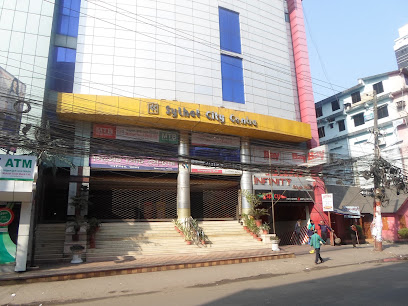
Shukria Market
Discover the vibrant Shukria Market in Sylhet, a shopping paradise offering traditional attire, local crafts, and delectable street food experiences.
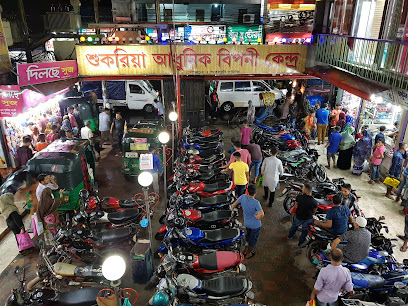
Manru Shopping City
Explore Manru Shopping City: Sylhet's ultimate shopping mall offering diverse brands, dining options, and a vibrant cultural experience.
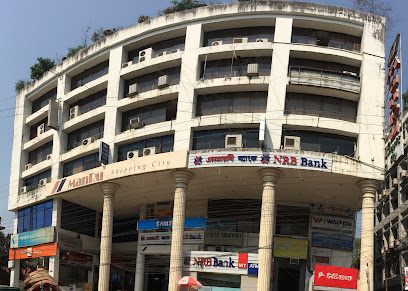
Maha
Explore the vibrant fashion scene at Maha, Sylhet's premier clothing store, offering a blend of traditional and contemporary styles.
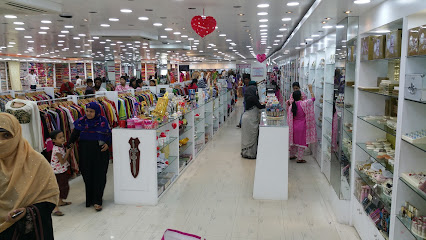
Galleria Shopping Complex
Explore the Galleria Shopping Complex in Sylhet – your one-stop destination for shopping, dining, and entertainment in Bangladesh.
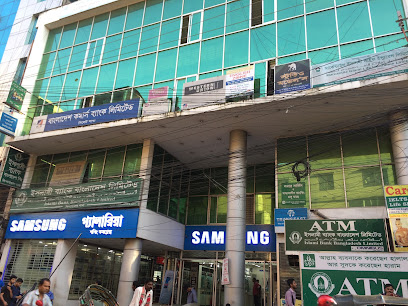
Kakoli Shopping Center
Explore the vibrant Kakoli Shopping Center in Sylhet, where modern retail meets local culture in a lively shopping experience.
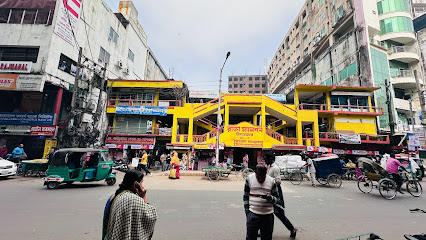
UNIQUE COMPUTER - Laptop & Desktop Showroom in Sylhet
Discover cutting-edge technology and exceptional service at UNIQUE COMPUTER, Sylhet's leading computer store and service provider.
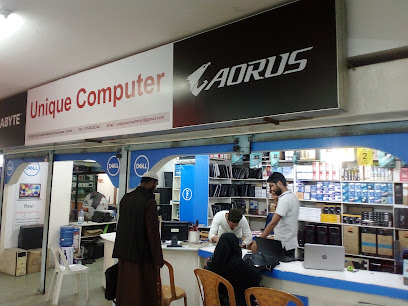
ARTISAN SYLHET
Explore Artisan Sylhet, where modern fashion meets traditional craftsmanship in the heart of Bangladesh.
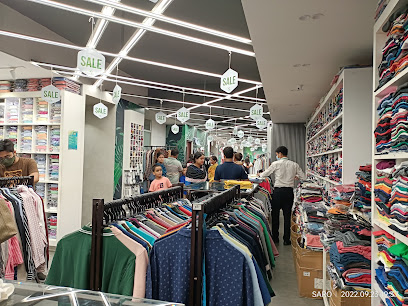
West World Shopping City
Experience the ultimate shopping adventure at West World Shopping City, where diverse brands and delicious dining await in Sylhet, Bangladesh.
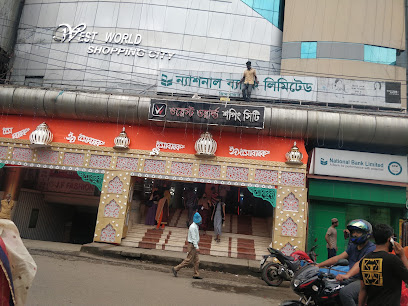
BDSHOP SYLHET BRANCH
Discover the latest in electronics at BDShop Sylhet, your premier destination for cutting-edge technology and gadgets in the heart of the city.
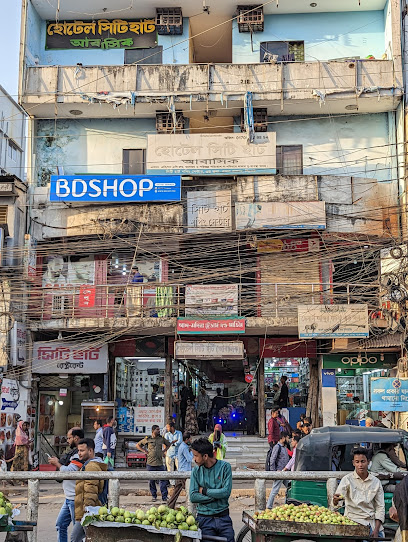
Elegant Shopping Mall
Explore a diverse shopping experience at the Elegant Shopping Mall in Sylhet, combining luxury brands, dining options, and entertainment under one roof.
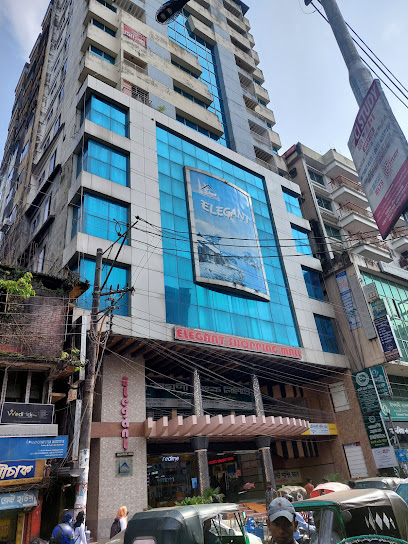
Nur Nogori
Explore the finest clothing and accessories at Nur Nogori in Sylhet, blending tradition with modern fashion for a unique shopping experience.
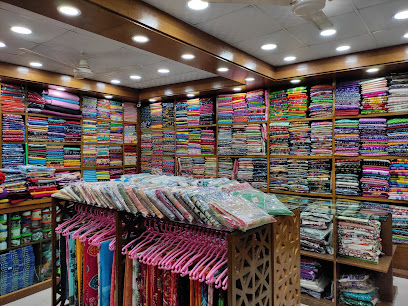
UK Products in Sylhet
Discover a unique blend of British and local products at UK Products in Sylhet, the ultimate shopping destination for tourists and locals alike.

Essential bars & hidden hideouts
Club Royale Bar
Experience the vibrant nightlife of Sylhet at Club Royale Bar, where local flavors and lively music create unforgettable moments.
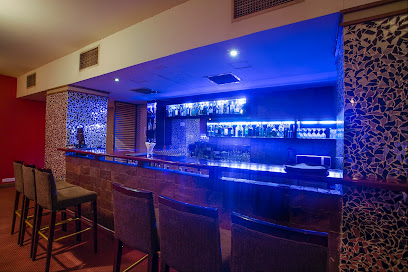
Royal Corner, Foregien Liquor Store
Royal Corner in Sylhet: A vibrant bar offering a diverse selection of foreign liquors and a welcoming atmosphere for all travelers.
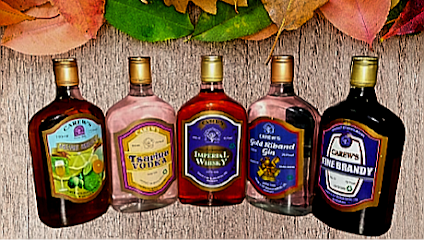
যাযাবর জুস বার
Savor the fresh and vibrant flavors of local juices at যাযাবর জুস বার, a refreshing retreat on the Sylhet-Sunamganj highway.
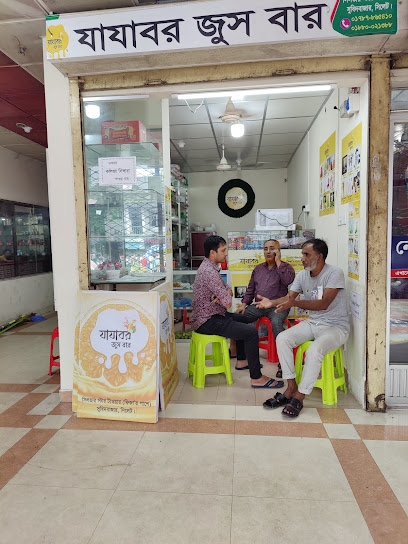
Sonmgong
Discover the vibrant nightlife of Sylhet at Sonmgong, a lively bar offering a unique blend of local and international drinks.
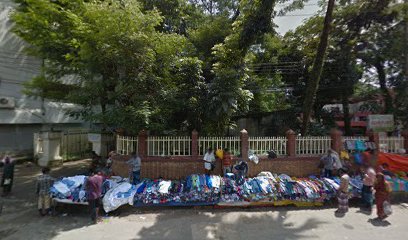
আহাদ মিয়ার দোকান
Discover the vibrant atmosphere and authentic drinks at আহাদ মিয়ার দোকান in Sylhet - a bar that captures the essence of local culture.
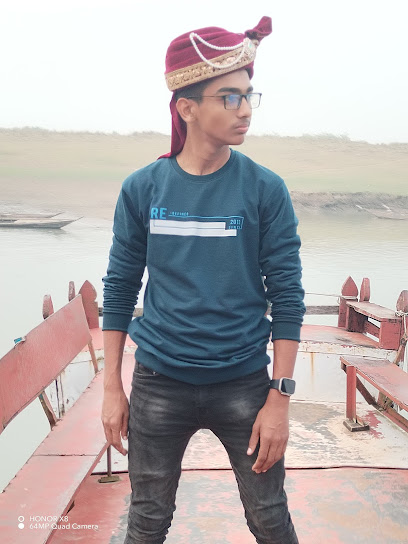
এরশাদ টি স্টল
Discover the essence of Bangladesh at এরশাদ টি স্টল, where every cup of tea tells a story of culture and tradition.
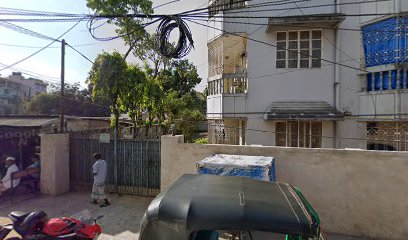
Fatama Bar
Discover the lively nightlife at Fatama Bar in Sylhet, where refreshing cocktails and great company await you.
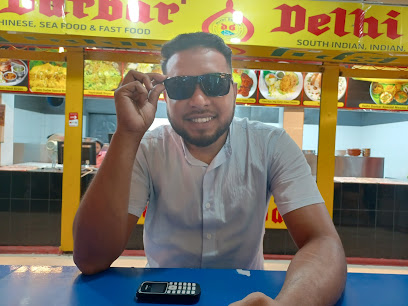
Sr trading
Discover the vibrant nightlife of Sylhet at Sr Trading, a cozy bar offering refreshing drinks and a lively atmosphere.
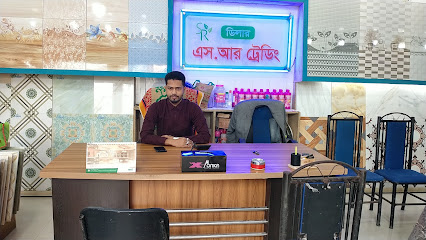
ইউসুফ এন্ড ইউনুস ভেঃ স্টোর
Discover the vibrant nightlife at ইউসুফ এন্ড ইউনুস ভেঃ স্টোর, a local bar in Sylhet offering a unique blend of culture and entertainment.
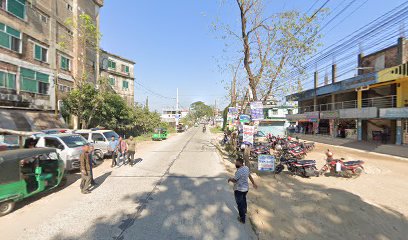
Nuha aktar
Discover the lively Nuha Aktar in Sylhet, a perfect bar to unwind with friends while enjoying local and international drinks in a vibrant atmosphere.
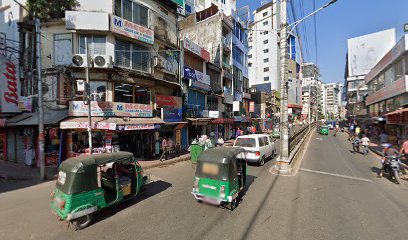
আম্বাখানা
Discover the vibrant nightlife at AmbaKhana, a lively bar in Sylhet offering a range of drinks and a warm atmosphere for all visitors.
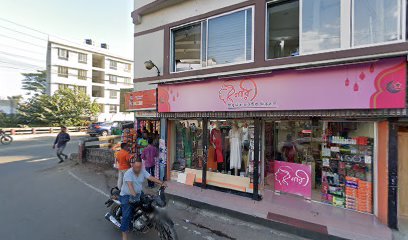
জামাই সোহাগী পান ভান্ডার
Discover the lively ambiance of জামাই সোহাগী পান ভান্ডার in Sylhet, where traditional drinks meet vibrant local culture.
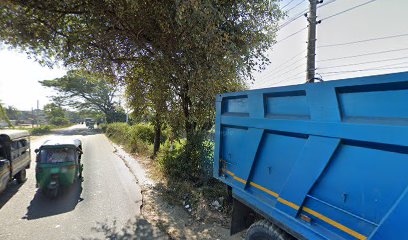
Nobabi Snacks Bar
Discover Nobabi Snacks Bar in Sylhet for an authentic taste of local snacks and refreshing drinks in a vibrant atmosphere.
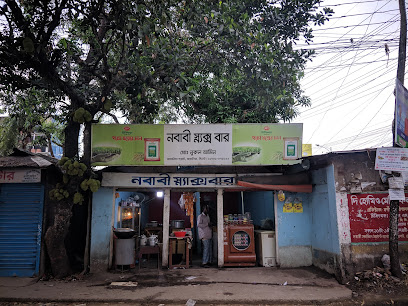
Tanvir House
Discover the vibrant nightlife and local flavors at Tanvir House, a must-visit pub in Sylhet, Bangladesh.
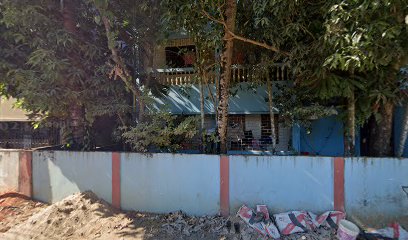
Selu
Experience the vibrant nightlife at Selu, a premier bar in Sylhet offering an eclectic drink selection and lively ambiance.

Local Phrases
-
- Helloহ্যালো
[helo] - Goodbyeবিদায়
[bidae] - Yesহ্যাঁ
[haan] - Noনা
[na] - Please/You're welcomeঅনুগ্রহ করে / স্বাগতম
[onugroh kore / shagotom] - Thank youধন্যবাদ
[dhonno-baad] - Excuse me/Sorryদুঃখিত
[dukhit] - How are you?তুমি কেমন আছো?
[tumi kemon asho?] - Fine. And you?ভালো। আর তুমি?
[bhalo. ar tumi?] - Do you speak English?তুমি ইংরেজি কথা বলতে পারো?
[tumi English kotha bolte paro?] - I don't understandআমি বুঝতে পারছি না
[ami bujhte parchi na]
- Helloহ্যালো
-
- I'd like to see the menu, pleaseদয়া করে মেনু দেখাবেন
[doya kore menu dekhaben] - I don't eat meatআমি মাংস খাইনা
[ami mangsh khaina] - Cheers!কমপক্ষে
[kompokkhe] - I would like to pay, pleaseদয়া করে আমি টাকা দিতে চাই
[doya kore ami taka dite chai]
- I'd like to see the menu, pleaseদয়া করে মেনু দেখাবেন
-
- Help!মাদদ!
[madad!] - Go away!চলে যাও!
[chole jao!] - Call the Police!পুলিশকে কল করুন!
[polishke kol korun!] - Call a doctor!একজন ডাক্তারকে কল করুন!
[ekjon doctorke kol korun!] - I'm lostআমি হারানো
[ami harano] - I'm illআমি অসুস্থ
[ami osustho]
- Help!মাদদ!
-
- I'd like to buy...আমি ... কিনতে চাই
[ami ... kinte chai] - I'm just lookingআমি শুধু দেখছি
[ami shudhu dekhchi] - How much is it?এটা কত?
[eta koto?] - That's too expensiveএটা খুব বেশি দাম
[eta khub beshi dam] - Can you lower the price?দাম কমানো যায়?
[dam komanu jai?]
- I'd like to buy...আমি ... কিনতে চাই
-
- What time is it?এখন কতটা বাজে?
[ekhon kotta baje?] - It's one o'clockএকটা বাজে
[ekta baje] - Half past (10)দশ এবং আধ
[dosh ebong adh] - Morningসকাল
[shokal] - Afternoonদুপুর
[dupur] - Eveningসন্ধ্যা
[shondhya] - Yesterdayগতকাল
[gotokal] - Todayআজ
[aj] - Tomorrowআগামীকাল
[agamikal] - 1এক
[ek] - 2দুই
[dui] - 3তিন
[tin] - 4চার
[char] - 5পাঁচ
[pach] - 6ছয়
[chhoy] - 7সাত
[shat] - 8আট
[at] - 9নয়
[noy] - 10দশ
[dosh]
- What time is it?এখন কতটা বাজে?
-
- Where's a/the...?...কোথায়?
[kothay?] - What's the address?ঠিকানা কি?
[thikana ki?] - Can you show me (on the map)?আপনি আমাকে দেখাতে পারবেন?
[apni amake dekhate parben?] - When's the next (bus)?পরের (বাস) কখন?
[porer (bus) kohon?] - A ticket (to ....)একটা টিকিট (পর্যন্ত ...)
[ekta ticket (poryonto ...)]
- Where's a/the...?...কোথায়?
History of Sylhet
-
Sylhet, located in the northeastern part of Bangladesh, has a rich history dating back to ancient times. It was known to be an important center for Hindu and Buddhist cultures before the arrival of Islam. The region was part of the ancient kingdom of Gour, which was a prominent power in the region during the early centuries AD.
-
The arrival of Hazrat Shah Jalal, a revered Sufi saint, in the 14th century marked a significant turning point in Sylhet's history. His arrival and subsequent activities led to the widespread conversion to Islam in the region. Shah Jalal's shrine, located in the heart of Sylhet city, remains a major pilgrimage site and a symbol of the city's historical and cultural heritage.
-
Sylhet came under British colonial rule in the 18th century as part of the Bengal Presidency. The British established tea plantations in the region, which transformed Sylhet into a major tea-producing area. The colonial period also saw the development of infrastructure and modern education in the region.
-
The partition of India in 1947 had a profound impact on Sylhet. In a referendum, the majority of Sylhet's population voted to join Pakistan, leading to its incorporation into East Pakistan (now Bangladesh). The partition resulted in significant demographic changes and population movements in the region.
-
Sylhet played a crucial role in the Bangladesh Liberation War of 1971. The region witnessed intense battles between the Mukti Bahini (Bangladeshi freedom fighters) and the Pakistani military. The successful liberation of Sylhet was a significant victory for the independence movement, leading to the establishment of Bangladesh as an independent nation.
-
Sylhet is renowned for its cultural diversity, with a rich tapestry of traditions from various ethnic and religious communities. The region is home to the indigenous Khasi and Manipuri communities, each with their own unique cultural practices. Sylhet's cultural landscape is also enriched by its vibrant music, dance, and culinary traditions.
-
In recent decades, Sylhet has experienced significant economic development, driven largely by remittances from the Sylheti diaspora in the United Kingdom and other countries. This influx of capital has led to the growth of infrastructure, education, and healthcare facilities, transforming Sylhet into a modern urban center while retaining its historical charm.
Sylhet Essentials
-
Sylhet is accessible by air, road, and rail. The Osmani International Airport (ZYL) in Sylhet offers both domestic and limited international flights. From Dhaka, you can take a direct flight to Sylhet, which typically takes around 45 minutes. Alternatively, you can travel by train from Dhaka to Sylhet, which takes approximately 6-7 hours. Buses and private cars are also available for the 240 km journey from Dhaka to Sylhet, taking about 5-6 hours depending on traffic.
-
Sylhet offers various transportation options, including auto-rickshaws, taxis, and buses. Auto-rickshaws are a popular and economical choice for short distances. Taxis are available and can be hired for city tours or day trips. Public buses connect different parts of the city and surrounding areas. For more convenience, you can also rent a car, but be prepared for local driving conditions and traffic.
-
The official currency in Bangladesh is the Bangladeshi Taka (BDT). Credit cards are accepted in some hotels, restaurants, and larger shops, but it is advisable to carry cash, especially in smaller establishments and rural areas. ATMs are widespread in Sylhet, but ensure you have enough cash on hand for markets and smaller vendors.
-
Sylhet is generally a safe destination for tourists. However, like any travel destination, it is advisable to take standard precautions. Avoid walking alone late at night in unfamiliar areas and keep an eye on your belongings in crowded places. While Sylhet does not have specific high-crime areas targeting tourists, it is always best to stay vigilant and aware of your surroundings.
-
In case of emergency, dial 999 for immediate assistance. Sylhet has local police stations and medical facilities. The main hospital is Sylhet MAG Osmani Medical College Hospital, which provides emergency care. It is recommended to have travel insurance that covers medical emergencies. For minor health issues, there are pharmacies across the city where you can purchase over-the-counter medications.
-
Fashion: Do dress modestly, especially when visiting religious sites. Avoid wearing revealing clothing. Religion: Do respect local customs and traditions. Always cover your head when entering mosques. Public Transport: Do be respectful and give up your seat to elderly passengers. Don’t eat or drink on public transport. Greetings: Do greet people with a handshake or 'Assalamu Alaikum' (Peace be upon you). Eating & Drinking: Do try local delicacies and accept food offerings graciously. Don’t refuse hospitality, as it is considered impolite.
-
To experience Sylhet like a local, visit the local markets such as Lamabazar and Bondorbazar where you can buy fresh produce and traditional goods. Engage with locals, as they are often friendly and willing to share stories about the area's history and culture. Don’t miss visiting the tea gardens, Ratargul Swamp Forest, and Jaflong for a unique experience. For a taste of local cuisine, try the famous 'Panta Ilish' (fermented rice with Hilsa fish).
Trending Landmark in Sylhet
-
Pach Bhai Restaurant
-
Ratargul Swamp Forest
-
Hazrat Shahjalal Rah. Mazar Sharif
-
Modina Market Point
-
Bondor Bazar Sylhet
-
Kazi Asparagus Food Island Sylhet
-
Shahi Eidgah - দক্ষিন চত্বর
-
Lakkatura Tea Garden
-
Tilagarh Eco Park
-
Shahi Eidgah
-
Dreamland Amusement & Water Park
-
Stadium Market
-
MAG Osmani Amusement Park
-
Hotel Fortune Garden
-
Uposhohar Plaza
Nearby Cities to Sylhet
-
Things To Do in Shillong
-
Things To Do in Agartala
-
Things To Do in Guwahati
-
Things To Do in Aizawl
-
Things To Do in Comilla
-
Things To Do in Dhaka
-
Things To Do in Imphal
-
Things To Do in Kohima
-
Things To Do in Mongar
-
Things To Do in Trashigang
-
Things To Do in Rangpur
-
Things To Do in Chittagong
-
Things To Do in Barisal
-
Things To Do in Itanagar
-
Things To Do in Jakar













